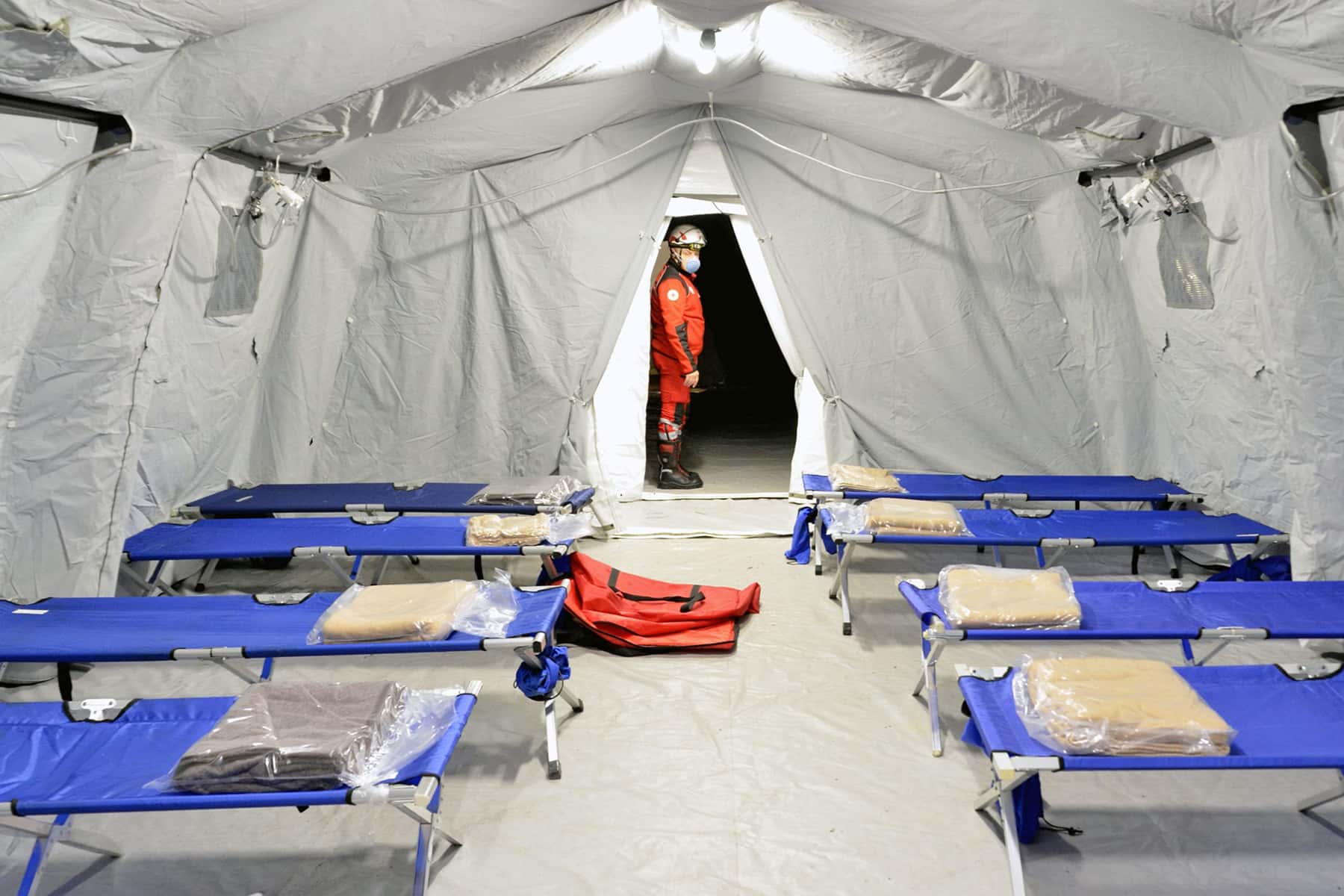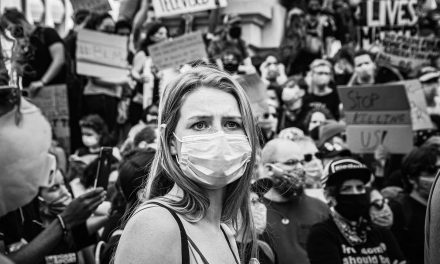
For the 300,000 people across Wisconsin who are uninsured and the thousands more with near unaffordable insurance coverage, the COVID-19 pandemic is further highlighting flaws in a system that already had people struggling to get specialty care and hospital services.
With 842 positive cases in Wisconsin of COVID-19 — the disease caused by SARS-CoV-2 — and the promise of more to come, researcher Donna Friedsam labeled the outbreak as particularly burdensome to health care’s outliers.
“What this epidemic and pandemic is doing is really highlighting and accentuating all the existing weaknesses that we have in our country and worldwide,” said Friedsam, health policy programs director at the Institute for Research on Poverty at the University of Wisconsin-Madison. Friedsam leads a team of faculty and researchers evaluating Wisconsin BadgerCare.
In Wisconsin, that includes people who are uninsured and underinsured, and those who don’t have paid sick leave with their jobs or child care services. Friedsam said solutions are needed for people to stay at home and take care of their children while also getting the health care they need.
“Right now, we don’t have the structures in place to make sure that the whole population can do that,” she said.
Some organizations are taking strides to help. Several Wisconsin health insurance plans announced fees would be waived for COVID-19 testing, and Ascension Wisconsin announced this week it won’t bill uninsured patients for any care related to COVID-19, nor will it bill insured patients for out-of-pocket costs related to the virus.
“That was a really excellent and important thing for that health system to do,” she said. “Whatever other health systems or health plans are able to do that, that would be very helpful for the uninsured and also for people in their health plans who face cost sharing that they may not be able to handle.”
Friedsam advocated for a system where people feel comfortable getting help because they trust systems are in place to forgive medical debt.
“This is such an emergency,” she said. “We really can’t allow this kind of cost sharing to impede people from getting the care that they need.”
People losing their jobs will certainly contribute to the uninsured rate, Friedsom said, noting there are a few options for people in that position. Many will be able to apply for unemployment benefits such as Medicaid or BadgerCare, depending on their income.
Or, they could apply for coverage under the Affordable Care Act. Friedsom said losing a job qualifies as a special enrollment period through the ACA marketplace, and folks whose incomes are above 100 percent of the federal poverty level can get their premiums subsidized by the federal government.
Friedsam said people looking into this option should call 211 to get connected with an enrollment assistant. They can also visit HealthCare.gov or Covering Wisconsin. The federal stimulus package, which is worth $2 trillion and Congress is expected to pass, would provide each eligible adult with $1,200 and an additional $500 per child in a household. This would hopefully help, Friedsam said.
But there are problems here, too. The money will be most readily available to people whose bank accounts are tied to direct deposit with the IRS. Those people are more likely to be middle- and upper-income households.
“Those people who were receiving their refund checks through the mail, it may take several months for them to get this money, so that is not helpful to them in this immediate time of crisis,” she said.
Elizabeth Dohms-Harter
Wisconsin National Guard
Originally published on Wisconsin Public Radio as COVID-19 Victimizes Uninsured, Underinsured As Infections Spread














